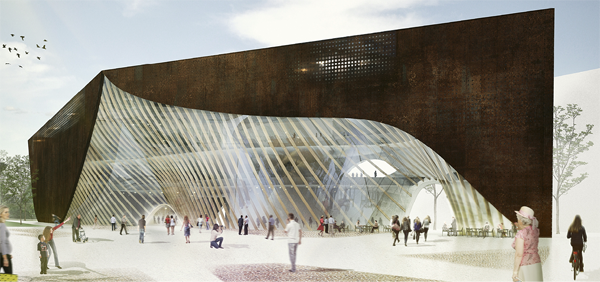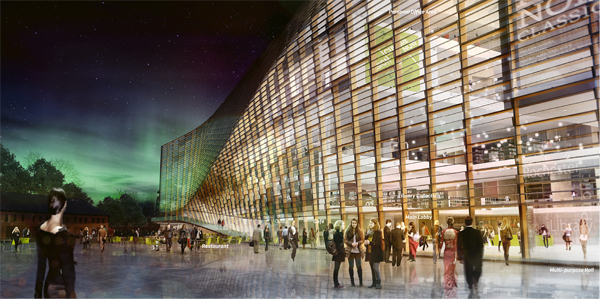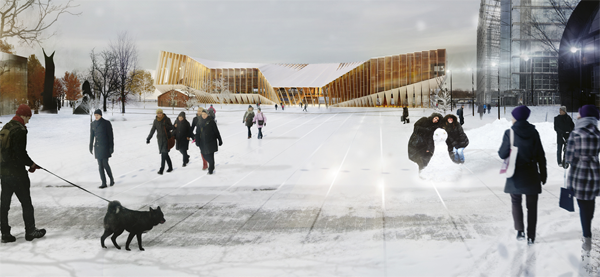UNLOCKING THE DATA RESERVES
Text Terhi Upola
Ritva Viljanen, the deputy mayor responsible for education and culture, is convinced that opening up data resources and the future development of the library system will both help to foster a new kind of can-do spirit.
”A great conceptual leap is needed in order to make the massive data reserves of the city accessible to citizens, service developers and journalists”, says Ritva Viljanen, Deputy Mayor for Education, Culture and Personnel Affairs of the City of Helsinki.
”We have a strong old tradition of keeping all the sources of information closed. From now on, we should consider all information to be public, in principle, unless there is good reason to keep it classified, as in the case of personal data”, Viljanen says.
This necessitates that the city administration learn to understand what open data is and what kind of possibilities it holds.
For example, the collection database of the Helsinki Metropolitan Area libraries is already in open use. The database has been used to code a mobile applicaton: the HelMet Pocket Library. Although the library has designed and commissioned the mobile application on its own, it would not have been possible to build it without opening the database. The service was launched in October 2012, and today it has some 8,000 users.
According to Viljanen, unlocking data will, at its best, create a new collective can-do culture. The public library of the future shares the same vision. The harbinger of the new library culture in the Helsinki Metropolitan Area will be the new central library, due to be completed in 2018.
In the vision of Ritva Viljanen, the role of the library will change from a place of borrowing books into an epicentre of urban culture, a citizens’ living-room which fosters participation and creativity.
Instead of just popping in a library, you can spend time, work and participate in events: reading groups, children’s nights or debates.
In today’s libraries you can borrow music records or films. In the library of the future, you can make them.
“I hope to see the library becoming increasingly a place where each visit not only meets but exceeds the expectations of the user. Ideally the library would inspire new ideas and give the visitors an opportunity to use their creativity”, Viljanen envisions.
In some libraries, the users can already arrange their own events free of cost, but in the future it will be an increasingly common form of activity. The audiovisual library, “Library 10”, in the centre of Helsinki, for instance, hosts annually 200 events, and nine out of ten are organized by citizens themselves. A possible idea for an event to be held in libraries is open data training.
According to Ritva Viljanen, library staff are also able to help the citizens to locate sources of open data.
The demand for information services is growing – not least because an increasing number of people need help with computers and social media. ”Elderly people, for instance, may buy a laptop, bring it to the library and ask how to install software. Help will be available to them”, says Viljanen. sanoo.
Tweet- •
Opening up data resources will help to foster a collective can-do spirit.”
The Central Library will be an open meeting place next to the Parliament House, Helsinki Music Center, the Finlandia Hall and Kiasma Museum of Contemporary Art.
The pictures show some of the finalists of the architectural competition. Citizens were allowed to vote their favourite design among the six finalists in spring 2013. The favourite design of the popular vote was “Diagonal Agora”.


